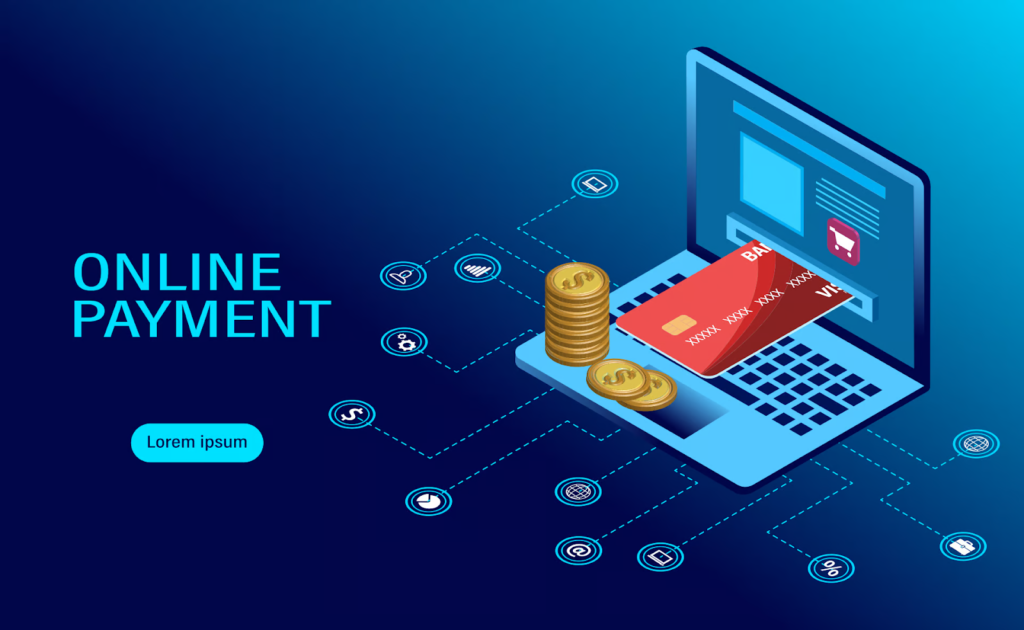With the rise of technology, we now have various payment methods, such as credit cards, mobile wallets, and online banking. It can be overwhelming to understand all these different methods and processes involved in making a payment. However, having a good understanding of payment processes is crucial as they are an essential part of our daily lives. Whether you are paying for your groceries at the store or shopping online, knowing how payments work can save you from potential scams and fraud. Here are some key facts that everyone should know about payment processes:
Payment Facilitators Streamline Transactions
Payment facilitators act as intermediaries between merchants and processors, enabling businesses to accept payments quickly without complex setup or technical knowledge. This is especially helpful for small—to medium-sized enterprises that lack the resources to manage complicated payment systems. They handle tasks like onboarding merchants, ensuring compliance, and providing support.
This streamlining of services lets merchants focus on their core business activities instead of the complexities of payment processing. These entities also expand access to financial services by facilitating payments, especially for underbanked and unbanked populations. They offer a simple, user-friendly platform for merchants to accept payments and serve as an entry point into the broader financial ecosystem.
Payment Processing Involves Multiple Parties and Steps
When a consumer initiates a payment, whether in-person or online, key players include the customer, merchant, payment processor, acquiring bank, and issuing bank. The process starts with the customer providing payment information that is securely sent to the payment processor. This processor verifies the transaction and communicates with the acquiring bank to ensure the merchant has enough funds to complete the sale.
Once the transaction is approved, funds move from the customer’s (issuing) bank to the merchant’s account via the acquiring bank in just a few seconds. Each step is vital to prevent fraud and ensure secure handling, showcasing the complex interactions behind every payment. Understanding this process empowers consumers to be more informed and vigilant about their financial transactions.
Encryption is Vital for Securing Online Payments
With the increase in online shopping, cybersecurity has become a significant concern. To protect against potential cyber threats and fraud, secure payment processes are essential. Encryption is crucial in securing online payments by scrambling sensitive data like credit card numbers, making them unreadable to hackers.
In addition to encryption, other security measures, such as tokenization and two-factor authentication, add extra layers of protection for online transactions. As consumers, we should always ensure that the websites we use for payments have proper security protocols in place to safeguard our financial information.
Understanding Payment Terms Can Help You Make Informed Decisions
Before making a payment, it’s crucial to understand the transaction terms and conditions. Be aware of any fees or charges, and know the refund policies in case of issues with the product or service. Understanding interest rates, credit limits, and minimum payments can help consumers make informed decisions when using credit cards.
In cases where consumers cannot make timely payments, it is crucial to communicate with their creditors and understand the options available to them, such as payment plans or debt consolidation. By understanding payment terms well, consumers can avoid unnecessary fees and penalties and maintain control over their financial well-being.
Mobile Payments are on the Rise
The convenience of phone payments has recently led to a significant rise in mobile payments. Customers use their smartphones for purchases by linking a credit card or bank account to a mobile wallet app like Payto or using contactless technology like NFC. This eliminates the need for physical cash or cards, speeds up transactions, and offers extra security features like biometric authentication.
As mobile payment technology continues to evolve and be adopted by more businesses, it is expected to become even more prevalent in the coming years. Consumers who have not become familiar with this payment method may consider exploring and understanding its benefits as a convenient and secure purchase method.
Chargebacks Protect Consumers But Can Be Costly for Merchants
Chargebacks happen when a customer disputes a transaction with their bank or credit card company and asks for a refund. This process protects consumers from fraud and merchant errors. However, chargebacks can be costly for merchants, as they must refund the disputed amount plus extra fees. Excessive chargebacks can damage a business’s reputation and make it harder to secure payment processing services later.
To reduce this risk, merchants should have clear refund and return policies, ensure prompt customer communication, and aim for excellent customer service. By providing a positive customer experience, businesses can lower the chance of chargebacks and maintain a good standing with payment processors.
Understanding payment processes is crucial in today’s fast-paced digital economy. As consumers and businesses manage various payment methods, being informed can improve the shopping experience and enhance financial security. With multiple stakeholders and the importance of encryption, each transaction requires attention. A solid understanding of these systems empowers smarter decisions and builds trust in the financial ecosystem, ensuring a seamless experience.






